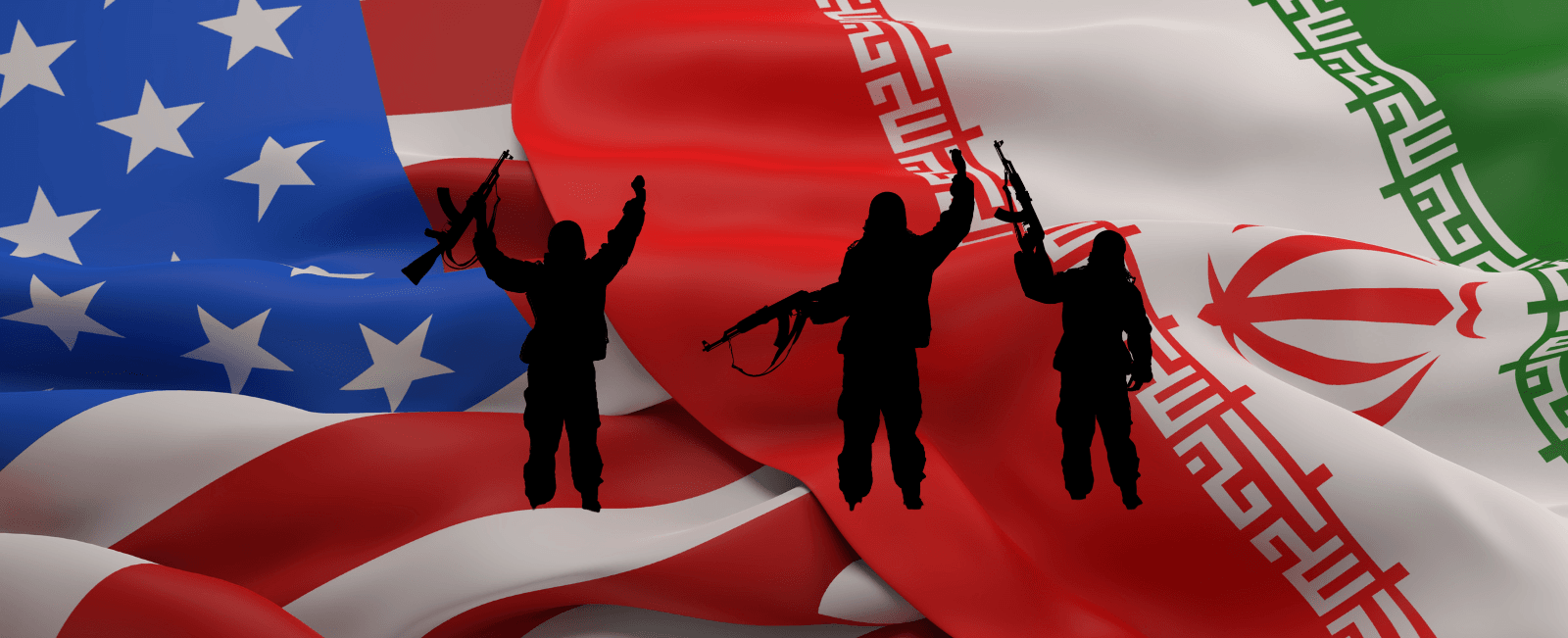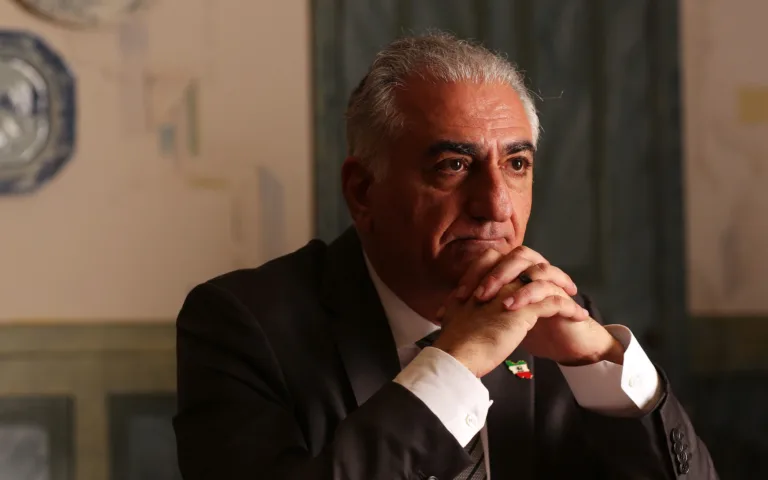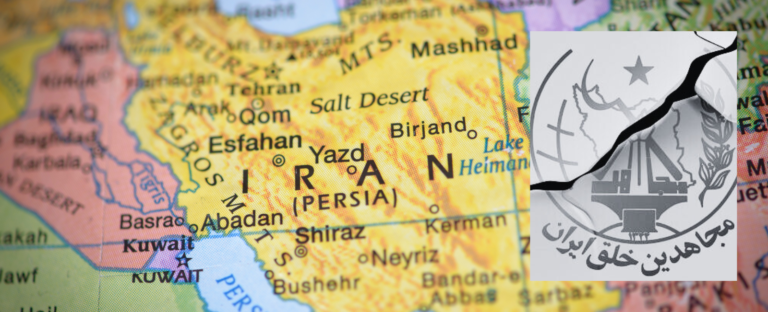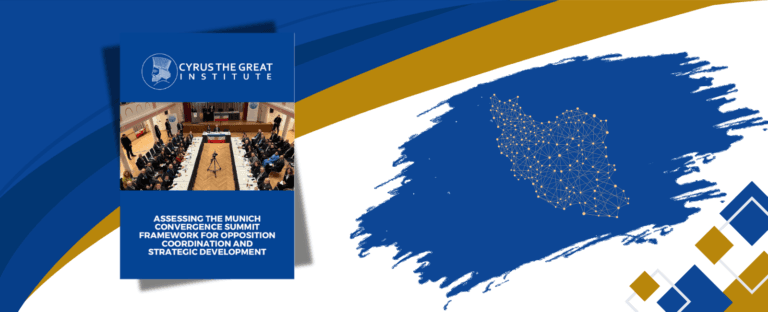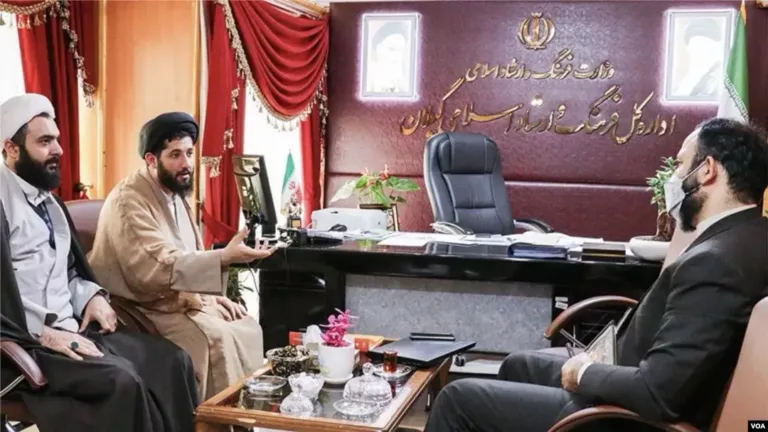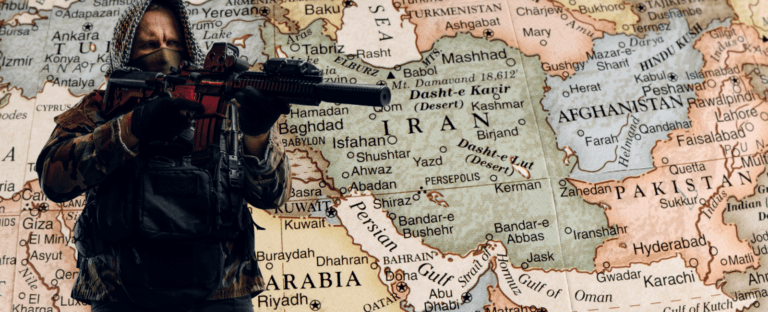The West’s Costly Gamble on Iran’s Regime
The Islamic Republic of Iran is nearing collapse, sustained only by repression and conflict. Diplomacy has repeatedly failed to reform the regime, which remains committed to regional destabilization. Growing popular resistance, seen in repeated uprisings, signals an inevitable national revolution. The most effective policy is maximum pressure on the regime and direct support for the Iranian people’s movement for freedom.
Whether through negotiations or military action, foreign governments hoping to “manage” the Islamic Republic in Iran are missing a crucial truth: the regime is dying. It has lost all legitimacy and survives only through repression, propaganda, and fear. The Iranian people are not apathetic, they are waiting. They are watching. And they are preparing for the moment when a national revolution will finally dismantle a regime that has stolen their future.
Any sense of stability created through diplomacy or deterrence is an illusion. Temporary calm does not equal long-term peace. It merely delays the inevitable and risks greater costs when that moment of reckoning comes. Deals made with this regime are not just morally bankrupt—they’re strategically foolish. No agreement, however well-crafted, can outlast the rot at the heart of the Islamic Republic. Political capital, economic investments, and hard-won diplomatic momentum will vanish the moment Iran’s people rise again, just as they did in 2009, 2017, 2019, and most recently in 2022.
It is time to face reality: the fall of the Islamic Republic is not a question of “if,” but “when.”
As Crown Prince Reza Pahlavi has long emphasized, the only viable path toward a free and stable Iran lies in a policy of maximum pressure on the regime and maximum support for the people. Supporting the Iranian people in their struggle for freedom is the most cost-effective, strategically sound option available to the international community.
Western policymakers often cling to diplomacy, and that diplomatic engagement could moderate the behavior of the Islamic regime. Diplomacy has, however, repeatedly failed. Over four decades, engagement has yielded neither reform nor restraint. The Islamic Republic is ideologically committed to confrontation. Those who still believe that the Islamic Republic can be moderated through engagement fundamentally misunderstand its nature. This regime thrives on conflict. It survives by destabilizing others. Its model of governance is inseparable from the ideology of exporting revolution, exporting terrorism, and exporting propaganda. From Hezbollah and the Houthis to the militias in Iraq, the Islamic Republic has constructed a shadow empire of subversion. Even under pressure, it will not reform. It adapts. It rebuilds these networks through shell companies, front organizations, and offshore financing. And it will continue to do so as long as foreign powers treat it as a legitimate stakeholder.
The protests of 2022 revealed once again that Iranians are not waiting to be saved. They are leading the charge for change. What they need from the world is not more negotiations with their oppressors, but tangible support: diplomatic recognition of their movement, sanctions that target regime elites and their enablers, access to secure communications technology, and a firm international stance that delegitimizes the regime on the world stage.
Yes, geopolitics is complex. Russia and China back Tehran for strategic gain. Israel watches Iran’s nuclear program with justified concern. Gulf states fear regional instability. The U.S. and Europe seek to prevent another war in the Middle East. But complexity should not be an excuse for moral confusion or strategic paralysis. The current policy—half-measures, cautious engagement, and risk aversion—has failed. It is time for something bolder, clearer, and more aligned with the Iranian people.
Supporting the national revolution in Iran is not a regime change by force. It is recognition of a reality already unfolding from within. The Islamic Republic will fall.

